Sony Xperia 1 VI vs Xperia 1 V: The Times They Are a-Changin'

Intro
The times they are a-changin', as Bob Dylan sings, and in the case of Sony flagship phones, this change manifested itself in the latest Xperia 1 VI phone. It's different, but not radically different from its predecessor.
Today we're going to dive deep into all the differences between the Xperia 1 V and the new Xperia 1 VI. Even though some fundamentals, such as the aspect ratio and resolution of the screen, have changed, the new Xperia is still unmistakably Sony.
So, without further ado, let's get to it. Here's our detailed Xperia 1 V vs Xperia 1 VI comparison.
Today we're going to dive deep into all the differences between the Xperia 1 V and the new Xperia 1 VI. Even though some fundamentals, such as the aspect ratio and resolution of the screen, have changed, the new Xperia is still unmistakably Sony.
UPDATE: We're waiting for the Xperia 1 VII to drop soon, as we're well into 2025 now, so stay tuned for a fresh batch of comparisons and, of course, the full Sony Xperia 1 VII review soon. There's still hope for Sony and all Xperia fans out there, and it's really wonderful that one of the iconic smartphone lineups is still alive and kicking. Meanwhile, let's see how the flagship Xperia model has evolved from the previous model and which one you should consider (spoiler alert, it's not that easy and obvious).
Xperia 1 VI vs Xperia 1 V differences:
| Xperia 1 VI | Xperia 1 V |
|---|---|
| FHD+ resolution, LTPO screen with 1-120Hz refresh rate | 4K screen but it's not LTPO, can do 120Hz |
| Wider and shorter due to the new 19.5:9 aspect ratio | Tall and narrow, still using 21:9 aspect ratio |
| New zoom capabilities on the periscope camera, it can now do 85-170mm | The old zoom lens can go up to 125mm |
| The latest Qualcomm Snapdragon 8 Gen 3 onboard | Using the previous generation Snapdragon 8 Gen 2 |
| New camera app, housing all the pro-grade creator's software | Separate Photo Pro, Video Pro, Cinema Pro apps |
| Potentially longer battery life thanks to the lower resolution | Around a day of normal use |
Table of Contents:
Read more:
- The Sony Xperia 1 VI is official with a TV-like display and 7.1x optical zoom
- Sony Xperia 1 VI Preview: Xperia goes mainstream?
- Sony Xperia 1 VI vs iPhone 15 Pro Max: Can a mainstream Xperia challenge the iPhone?
- Sony Xperia 1 VI vs Samsung Galaxy S24 Ultra: preview
- Sony Xperia VII release date expectations, price estimates and upgrades
Design and Size
Re-frame the picture
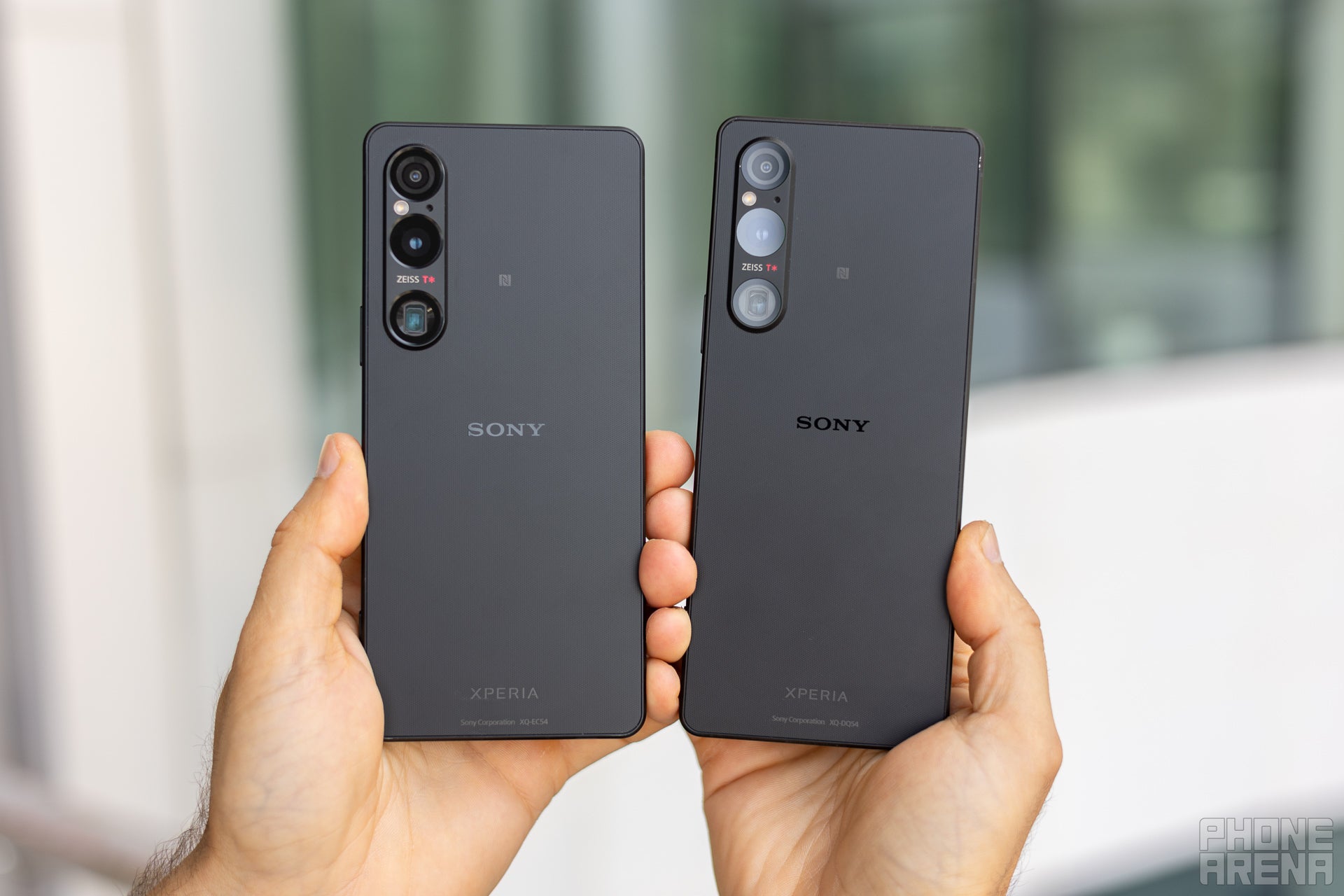
These two look very similar, however, they feel different in the hand (Image by PhoneArena)
If you put the Xperia 1 VI next to its predecessor, the difference will be pretty obvious. The new phone uses a different aspect ratio, which translates to a difference in size. The thing is, if you just have one of these phones on you, it will be extremely difficult to tell which one it is, especially from a distance.
The design is quite similar, with an elongated camera system housing the three snappers on the back. Even the LED and mic placement are identical on both phones, along with the ZEISS T* logo.
The button and port placement and the materials used are also identical; both phones feature a grippy, textured Gorilla Glass Victus on the back and Gorilla Glass Victus 2 on top of the display. The ridged aluminum frame is also extremely similar, and the only perceivable difference, at least at first glance, is that the Xperia 1 VI is 3mm shorter and 3mm wider than its predecessor.
The button and port placement and the materials used are also identical; both phones feature a grippy, textured Gorilla Glass Victus on the back and Gorilla Glass Victus 2 on top of the display. The ridged aluminum frame is also extremely similar, and the only perceivable difference, at least at first glance, is that the Xperia 1 VI is 3mm shorter and 3mm wider than its predecessor.
However, when you take the new Xperia 1 VI in your hand, there's a different feel to it. It feels much more like the Galaxy S24 Ultra than anything else. Your hand kind of feels these additional three millimeters more than your eyes.
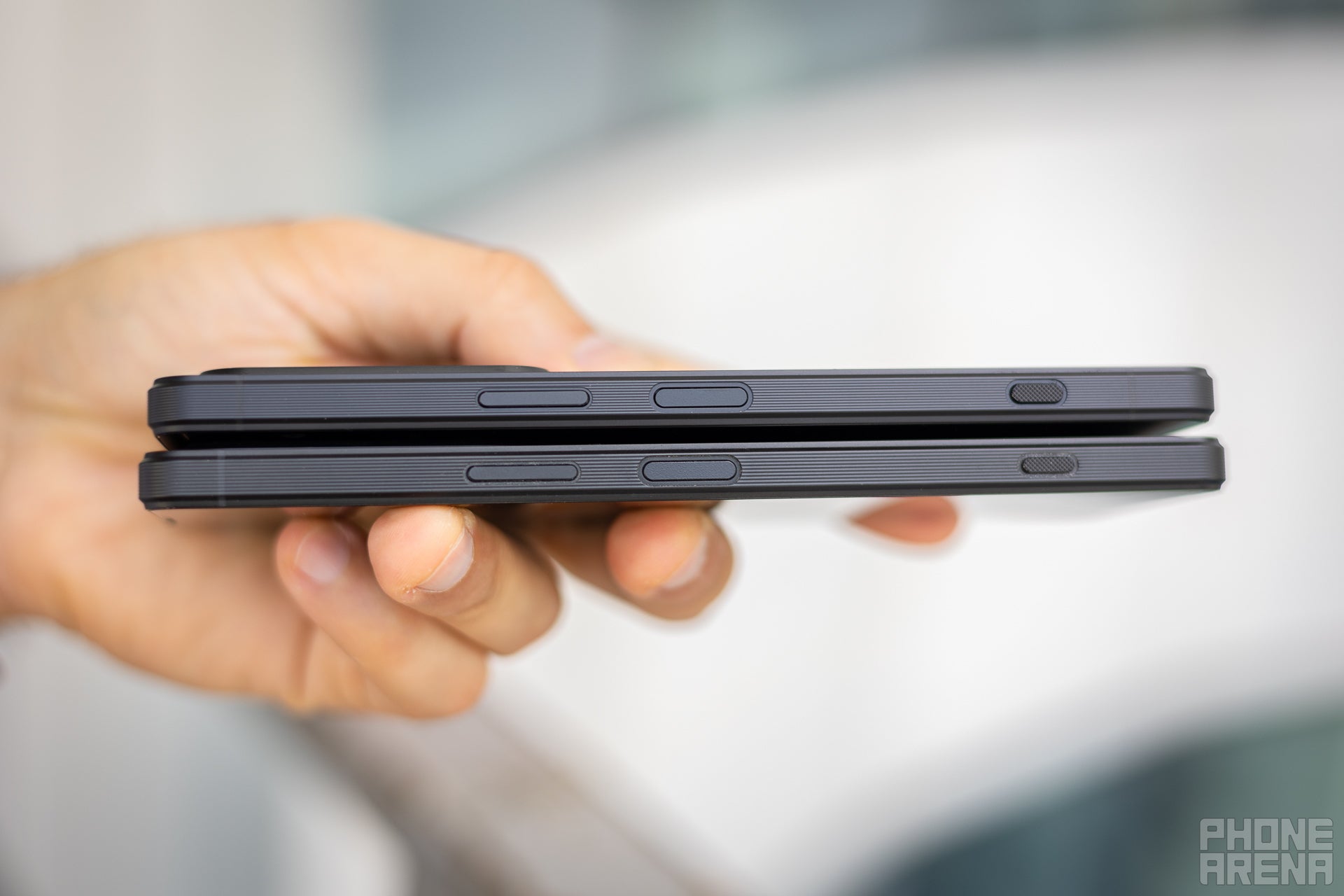
The button layout is the same (Image by PhoneArena)
Sony didn't bother to change the colors either. There are three color options, and they are exactly the same for both models: Khaki Green, Platinum Silver, and Black.
The retail box is also identical—just a white cardboard two-piece box with a sleeve to hold it together. No cable, no charger, nothing. So, with all this out of the way, let's focus on the most obvious change: the display.
Display Differences
Where's my 4K?
This is a typical "good news, bad news" situation. The Xperia 1 VI features a 6.5-inch OLED display with FHD+ resolution (1080×2340) and a dynamic 1-120Hz display refresh rate. This translates to around 396 PPI, which is not the greatest pixel density out there, especially on a flagship phone. The aspect ratio is now 19.5:9, similar to the one found on many modern high-end phones, the Galaxy S24 Ultra being one example.
The old Xperia 1 V features a 4K OLED panel with the same diagonal and Sony's 21:9 aspect ratio, something of a staple for Xperia phones of late. Well, until now. The 4K panel can do 120Hz but can't dynamically change the refresh rate. The pixel density here is a whopping 643 pixels per inch.
The old Xperia 1 V features a 4K OLED panel with the same diagonal and Sony's 21:9 aspect ratio, something of a staple for Xperia phones of late. Well, until now. The 4K panel can do 120Hz but can't dynamically change the refresh rate. The pixel density here is a whopping 643 pixels per inch.
Display Measurements:
Sony claims that the display in the Xperia 1 VI is 50% brighter than its predecessor, and we can confirm that the new panel is indeed very bright. Actually, the 1,500 nits we measured translate to more than 50% increase compared to the previous model.
When it comes to biometrics, both phones use a similar, side-mounted fingerprint scanner (which was Sony's bane for a couple of generations), but it seems to work rather well in the new model. The only gripe we have with it is the tiny surface area.
Performance and Software
The vapor chamber is cool, literally!
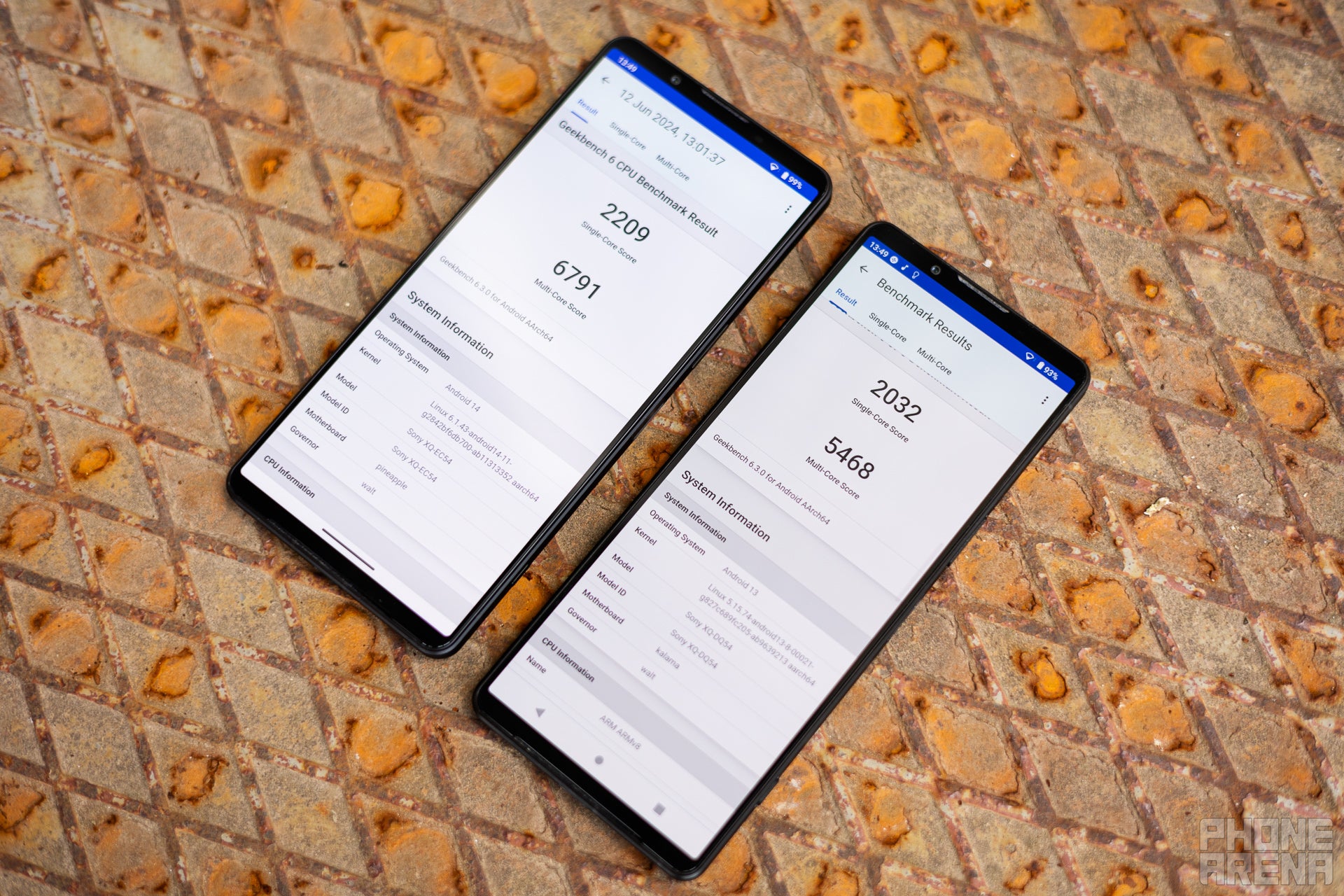
The new Xperia 1 VI - cooler, faster, wider! (Image by PhoneArena)
In terms of hardware, we have the typical generation leap. The new Xperia 1 VI comes with the latest silicon from Qualcomm, the Snapdragon 8 Gen 3, while the predecessor uses Gen 2. The big difference, however, is the presence of a vapor chamber in the cooling system (for the first time in a Sony phone). This is pretty cool (both literally and metaphorically), as there have been some overheating issues in the past with Xperia phones, especially under continuous load.
Performance Benchmarks:
The synthetic benchmarks show some expected results. The Snapdragon 8 Gen 3 performs as advertised in the new Xperia 1 VI, and the thermal situation seems to be better, compared to the previous model. Subjectively, we felt the new phone slightly cooler under load.
Regarding RAM and storage, there's no difference between the two phones. Both start at 12GB/256GB and offer one additional storage option at 512GB. Both come with a microSD card slot, so the storage can be expanded with up to 1TB.
There's one big and important difference in the software department. The new Xperia 1 VI features a single Camera app, which houses inside all the pro-grade software we know (and some of us love) from the previous generations. The Xperia 1 V, on the other hand, comes with separate apps such as Photography Pro, Cinematography Pro, and Videography Pro.
Another important change concerns the software support cycle. The new phone will receive three major OS updates and four years of security patches. Not on the same level as a Pixel phone, but still an improvement.
Camera
Zoom in, more, more, more
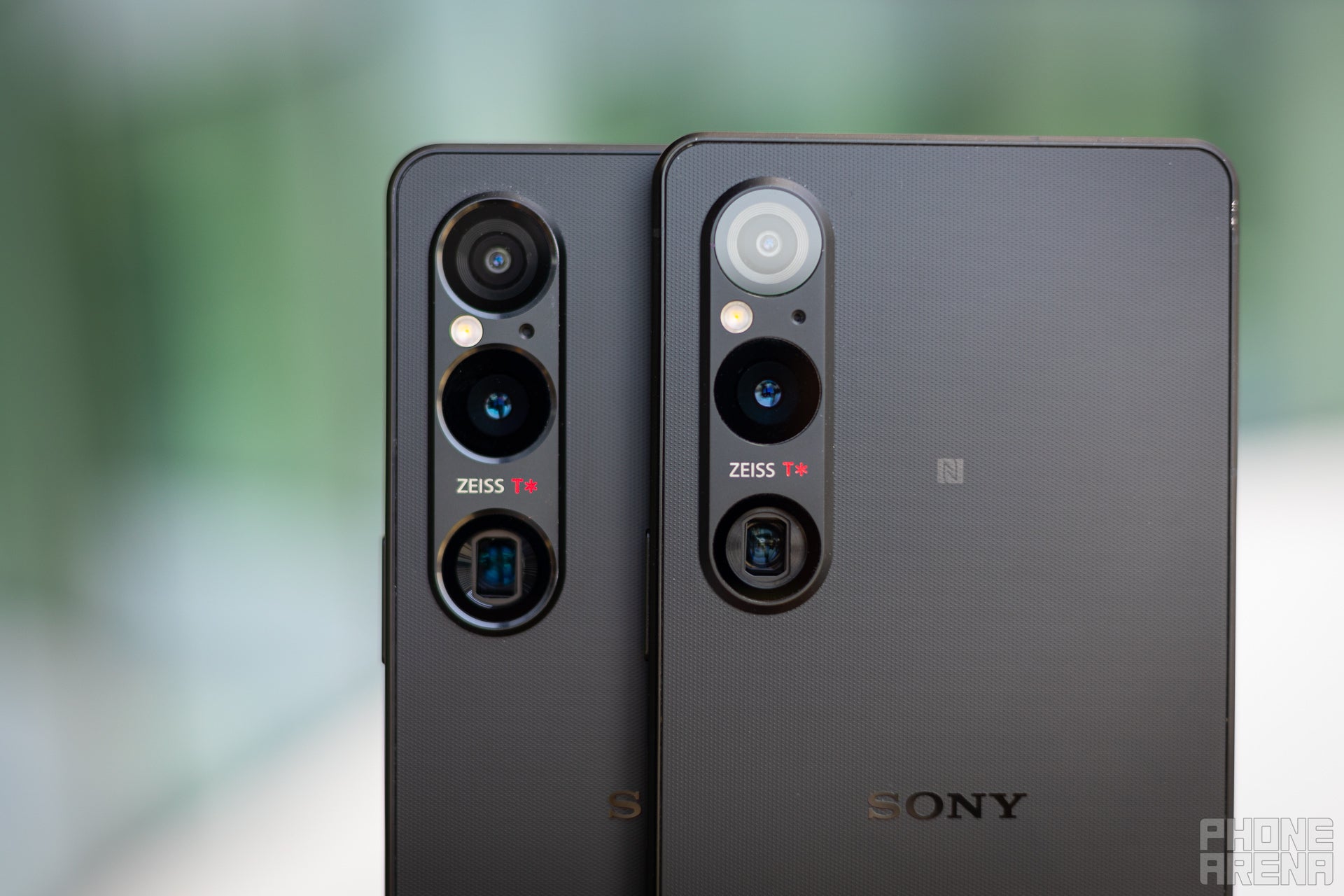
On paper, the only hardware difference between the Xperia 1 VI and Xperia 1 V in the camera department is the extended zoom range on the new model. The telephoto on the 1 Mark V offers 85–125mm focal length with everything in between, as it's a true vario system. The new phone extends the range to 170mm, or 7.1x if we compare it to the main camera of the phone.
Speaking of the main camera, it's the same on both phones, using the Exmor T sensor for mobile. It's a 1/1.35" sensor with a 1.12 μm pixel size, sitting under a lens with an F1.9 aperture.
The ultrawide camera has been carried over to the new model as well, so no changes here; the same 12MP, 1/2.5" sensor with an F2.2 lens resides in both phones.
Sony boasts new AI-infused algorithms in the new Xperia 1 VI, so we have to snap some samples and put them side by side to see if the Japanese company has indeed jumped on the AI bandwagon.
Speaking of the main camera, it's the same on both phones, using the Exmor T sensor for mobile. It's a 1/1.35" sensor with a 1.12 μm pixel size, sitting under a lens with an F1.9 aperture.
The ultrawide camera has been carried over to the new model as well, so no changes here; the same 12MP, 1/2.5" sensor with an F2.2 lens resides in both phones.
Sony boasts new AI-infused algorithms in the new Xperia 1 VI, so we have to snap some samples and put them side by side to see if the Japanese company has indeed jumped on the AI bandwagon.
Main Camera
The photos from the main camera look very similar, which is not surprising given the sensor and lenses are identical. What's different is the exposure and white balance. The sample from the new phone looks brighter, probably due to the Sony AI algorithms doing their job behind the scenes. Overall, not a huge difference, though.
Strangely enough, in low-light conditions, the roles seem to be switched. The Xperia 1 VI produces darker images, but the dynamic range also seems a bit wider. Again, the samples are very closely matched, and differences might be attributed to fluctuations in processing algorithms.
Zoom Quality
At 3.5x magnification, things look pretty similar between these two. One noticeable difference lies in color tonality. The sample from the Xperia 1 VI looks colder, while the one taken with the previous model has a warmer tone to it. Other than that, detail, sharpness, and dynamic range are pretty similar.
7.1X vs 5.2X
We've decided to include the end of the telephoto range for both phones in order to show you how the frame looks at 5.2x and 7.1x magnification. The Xperia 1 VI can get the object closer optically, but the image looks a bit washed out, there's some loss of detail, and the dynamic range has grown narrower at 7.1x. The Xperia 1 Mark V photo looks a tad better to us, even though it's a bit darker.
10X
There's a big difference between the samples taken at 10x magnification, which is digital. Here's where Sony AI kicks in (or we would assume so), and as a result, the 10x photo from the Xperia 1 VI looks much better, with better sharpness and resolved detail.
Ultrawide shots display the same differences as the images from the main camera. Both phones sport the same hardware here as well, so the differences can be attributed to different post-processing algorithms. The Xperia 1 VI produces brighter and warmer photos.
Selfie shots are nearly identical, with the Xperia 1 VI sample a little on the darker side, but again, this can be due to changing conditions during the photoshoot. Both phones snap great selfies with lots of detail and good natural background bokeh.
Ultra-wide Camera
Ultrawide shots display the same differences as the images from the main camera. Both phones sport the same hardware here as well, so the differences can be attributed to different post-processing algorithms. The Xperia 1 VI produces brighter and warmer photos.
Selfies
Selfie shots are nearly identical, with the Xperia 1 VI sample a little on the darker side, but again, this can be due to changing conditions during the photoshoot. Both phones snap great selfies with lots of detail and good natural background bokeh.
Video Quality

Here's a quick video comparison between the two Xperias. Which one do you like better?
Audio Quality and Haptics
The similarities continue in the audio area; both phones feature the same front-firing stereo speakers. They are good; the quality is decent, but the overall loudness could've used a bump up. The good news is that the 3.5mm audio interface is still present on both phones, so you can use your audiophile headphones with either of these two devices.
We suspect the haptic engine is also the same on both phones, but we can't confirm without doing a JerryRig procedure, and Sony won't be happy about it, we suspect. Overall, there's no perceivable difference between these two when it comes to audio and haptics.
We suspect the haptic engine is also the same on both phones, but we can't confirm without doing a JerryRig procedure, and Sony won't be happy about it, we suspect. Overall, there's no perceivable difference between these two when it comes to audio and haptics.
Battery Life and Charging
Same capacity but fewer pixels to drive
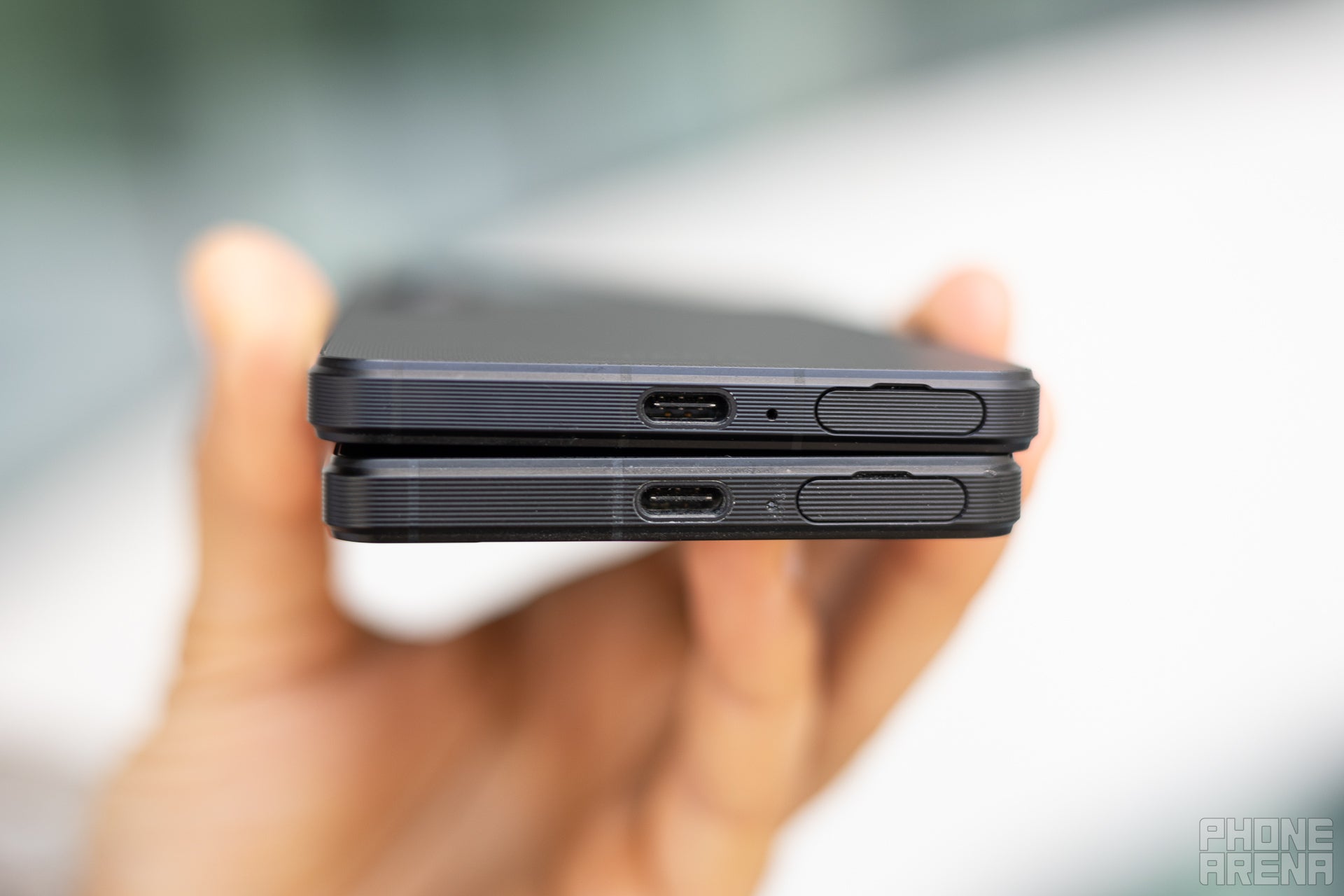
No difference in charging speeds (Image by PhoneArena)
There's a 5,000mAh cell in both phones, but Sony advertises the new Xperia 1 VI as a "two-day phone." We understand where this comes from. One of the most power-hungry components of a smartphone is its display. The older model has over six million pixels to drive, while the Xperia 1 VI, with its FHD+ screen, has only two and a half million.
PhoneArena Battery Test Results:
And looking at the results it's clear to see that the screen downgrade has paid off. The Xperia 1 VI obliterates its predecessor when it comes to battery life in all three categories of our battery life test.
PhoneArena Charging Test Results:
On the charging front, things have remained unchanged. Sony doesn't list the exact charging speed, but we know it's 30W if you charge wired and around 15W wireless. It's rather disappointing, even when you compare it to regular non-Chinese flagship phones (the Galaxy S24 Ultra supports 45W).
Specs Comparison
Here's a quick specs comparison table for the number nerds. You can always check out our detailed Sony Xperia 1 VI vs Xperia 1 V comparison on PhoneArena.
| Xperia 1 VI | Xperia 1 V | |
|---|---|---|
| Size, weight | 162 x 74 x 8.2 mm, 192 grams | 165 x 71 x 8.3 mm, 187 grams |
| Screen | 6.5" OLED 1-120Hz LTPO FHD+ (1080x2340), 396 PPI | 6.5" OLED 120Hz 4K (3840x1644), 643 PPI |
| Processor | Snapdragon 8 Gen 3 Vapor Chamber 4nm | Snapdragon 8 Gen 2 4nm |
| RAM, Storage | 12/256GB 12/512GB microSD card (1024GB) | 12/256GB 12/512GB microSD card (1024GB) |
| Cameras | 48MP main 12MP ultra 12MP 3.5x-5.2 zoom (85mm-170mm continuous) 12MP front | 48MP main 12MP ultra 12MP 3.5x-7.1x zoom (75mm-125mm continuous) 12MP front |
| Battery | 5,000 mAh | 5,000 mAh |
| Charging | USB-C 30W wired Wireless charging | USB-C 30W wired Wireless charging |
Summary
Well, there you have it, the last two Sony flagship phones head to head. We can safely say that there's little to no reason to upgrade if you already own the Xperia 1 V. Things are more complicated if you're looking to buy your first Xperia phone today or if you're coming from a much older Xperia flagship.
If you want the 21:9, 4K screen of the old Xperia, as well as separate sophisticated pro-grade software, you should go for the Xperia 1 V. Even more so now that the new model has been officially unveiled at the same starting price of 1,399 euros. Expect huge discounts on the previous generation, and this might be the best time to get the old Xperia 1 V, actually.
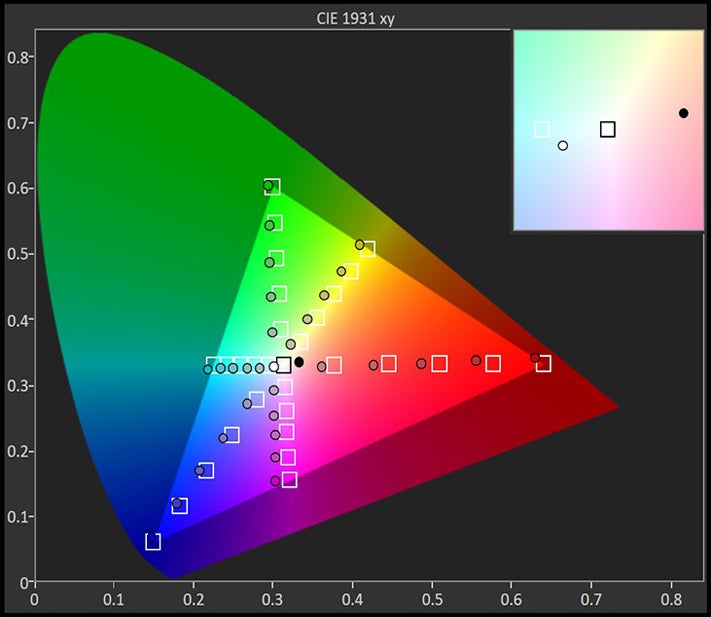
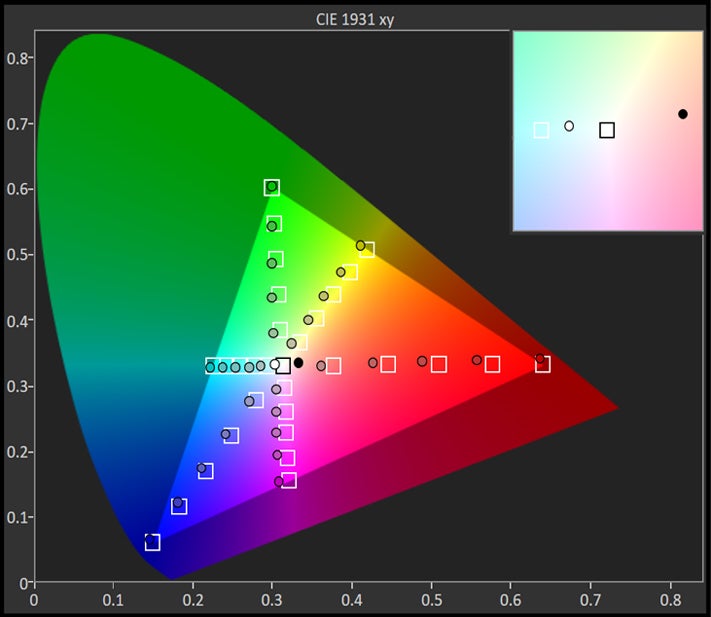








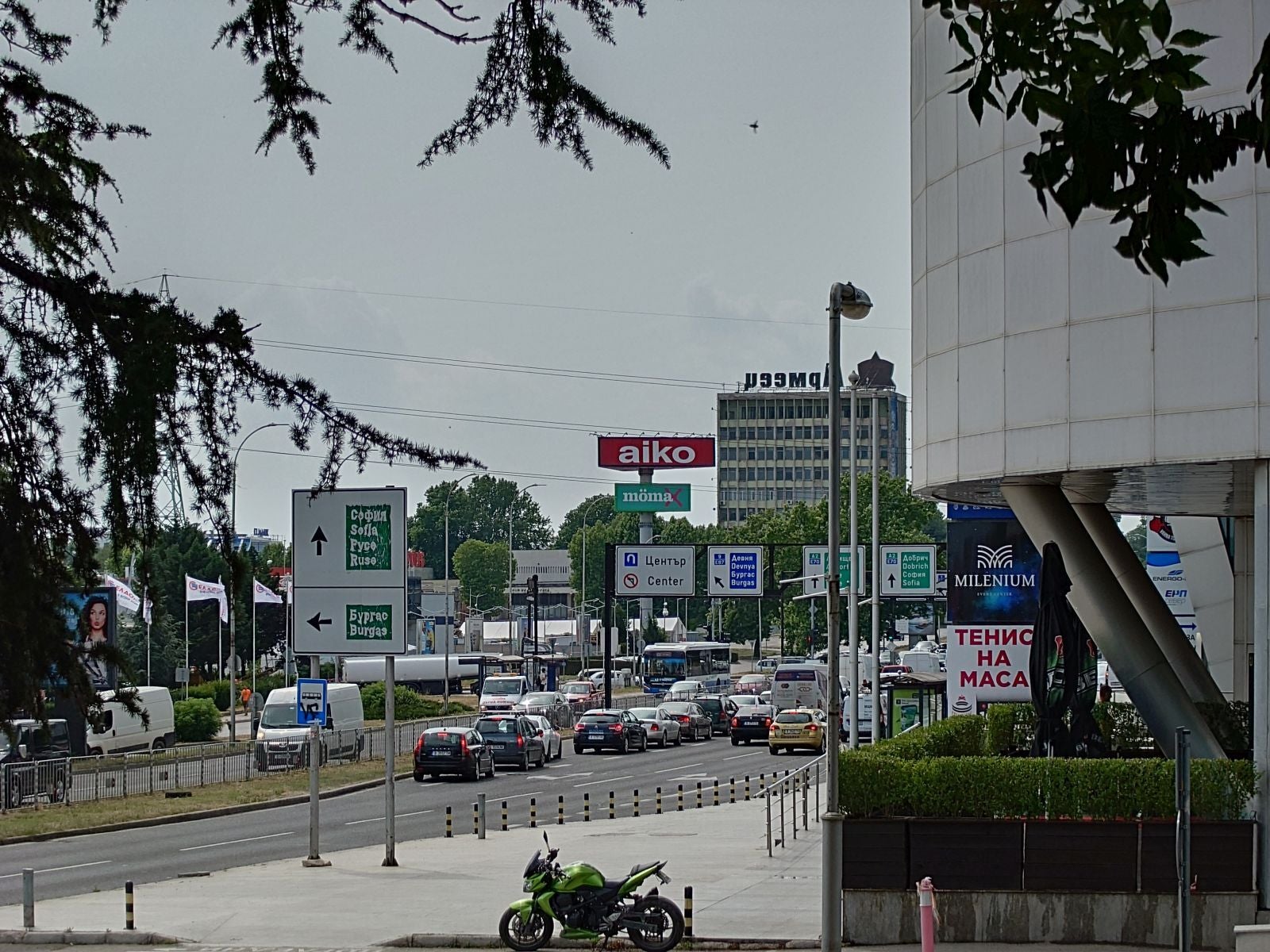
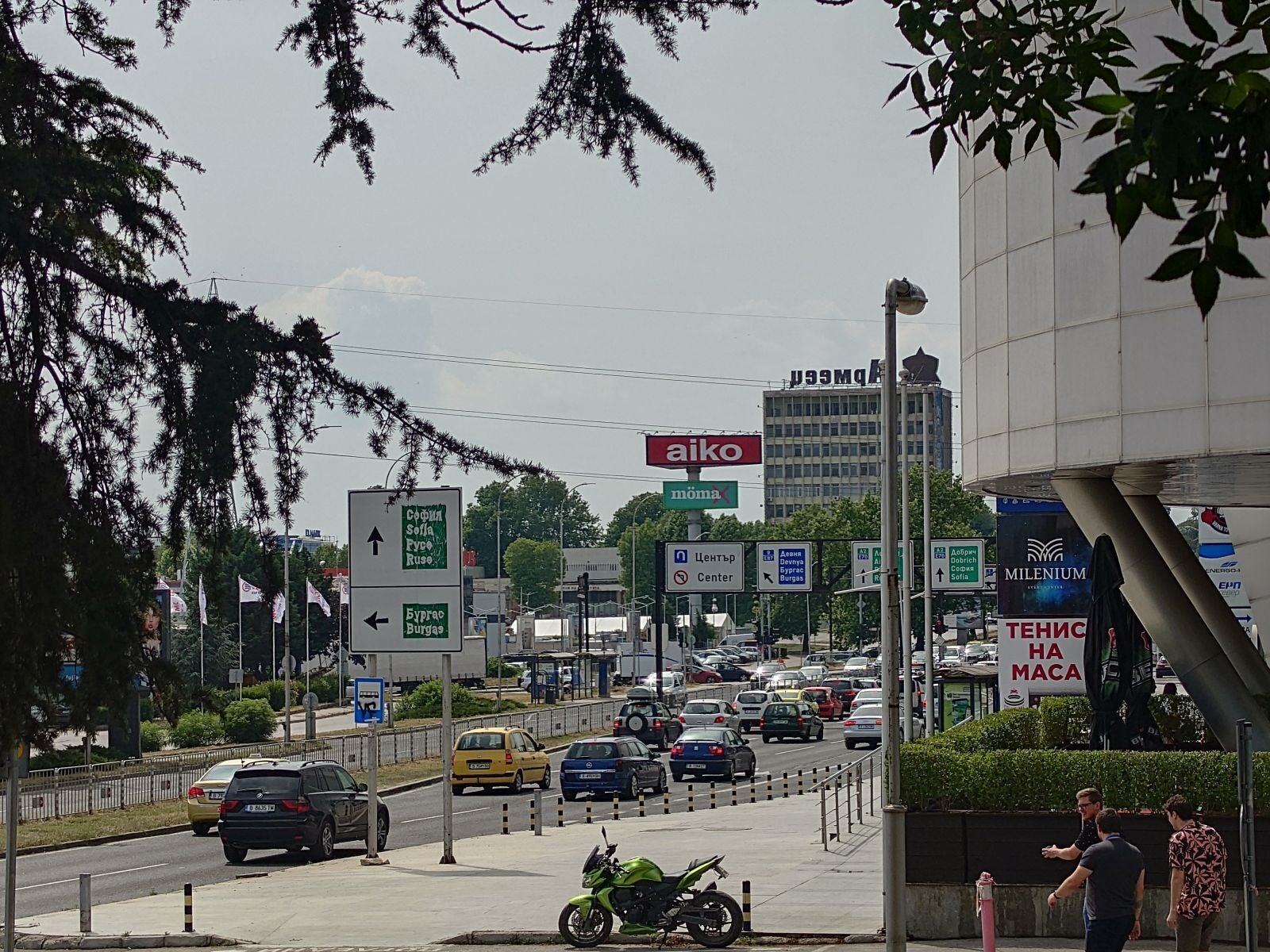



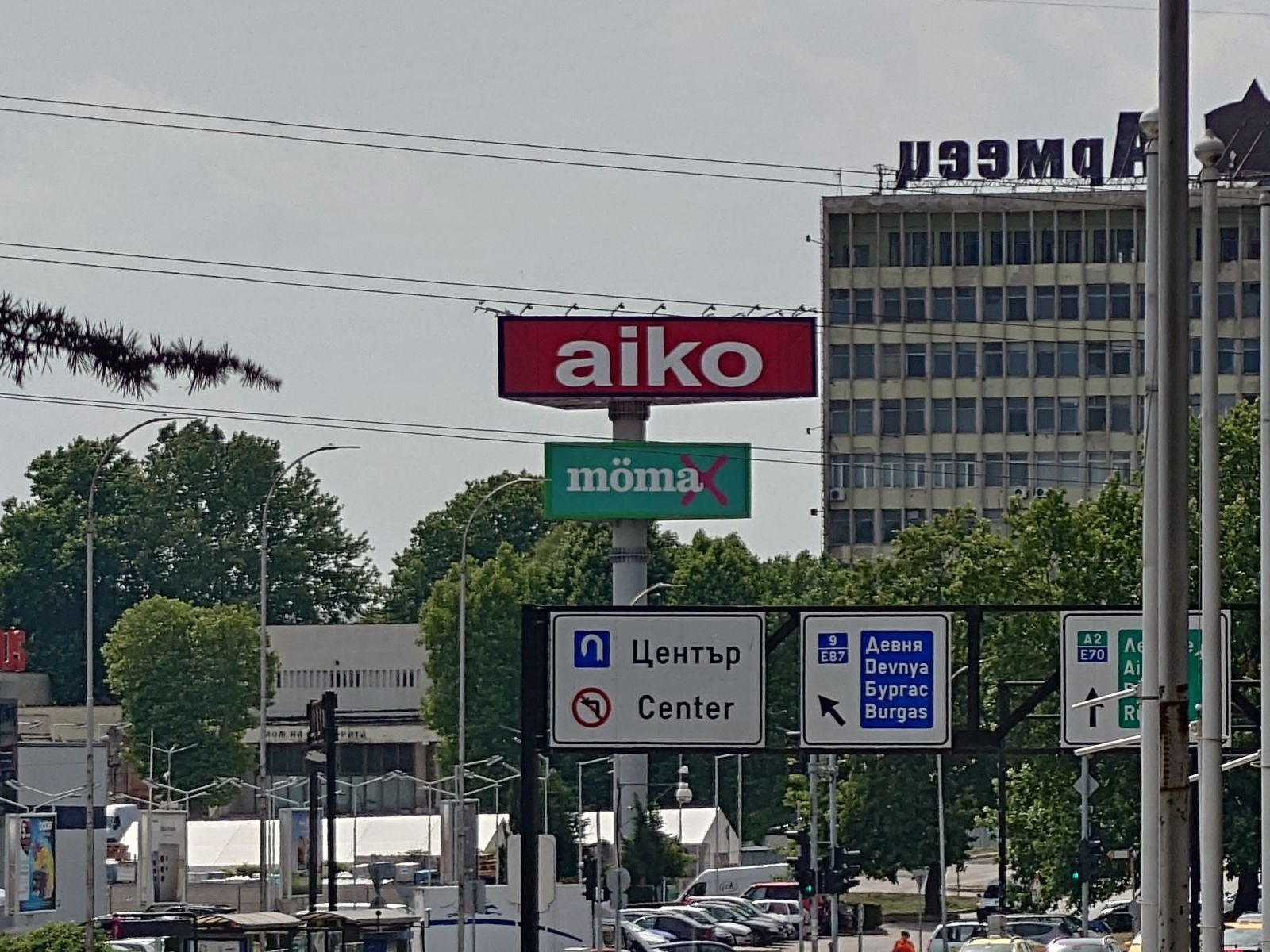











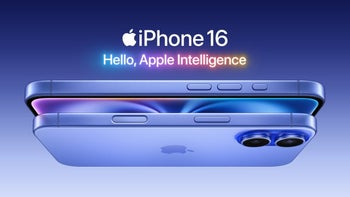
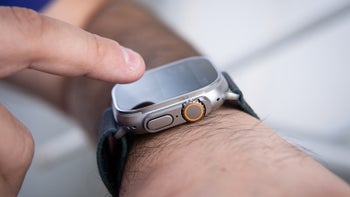
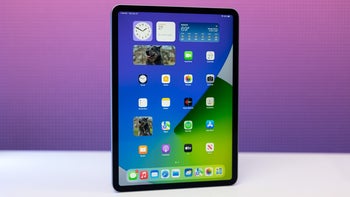








Things that are NOT allowed: